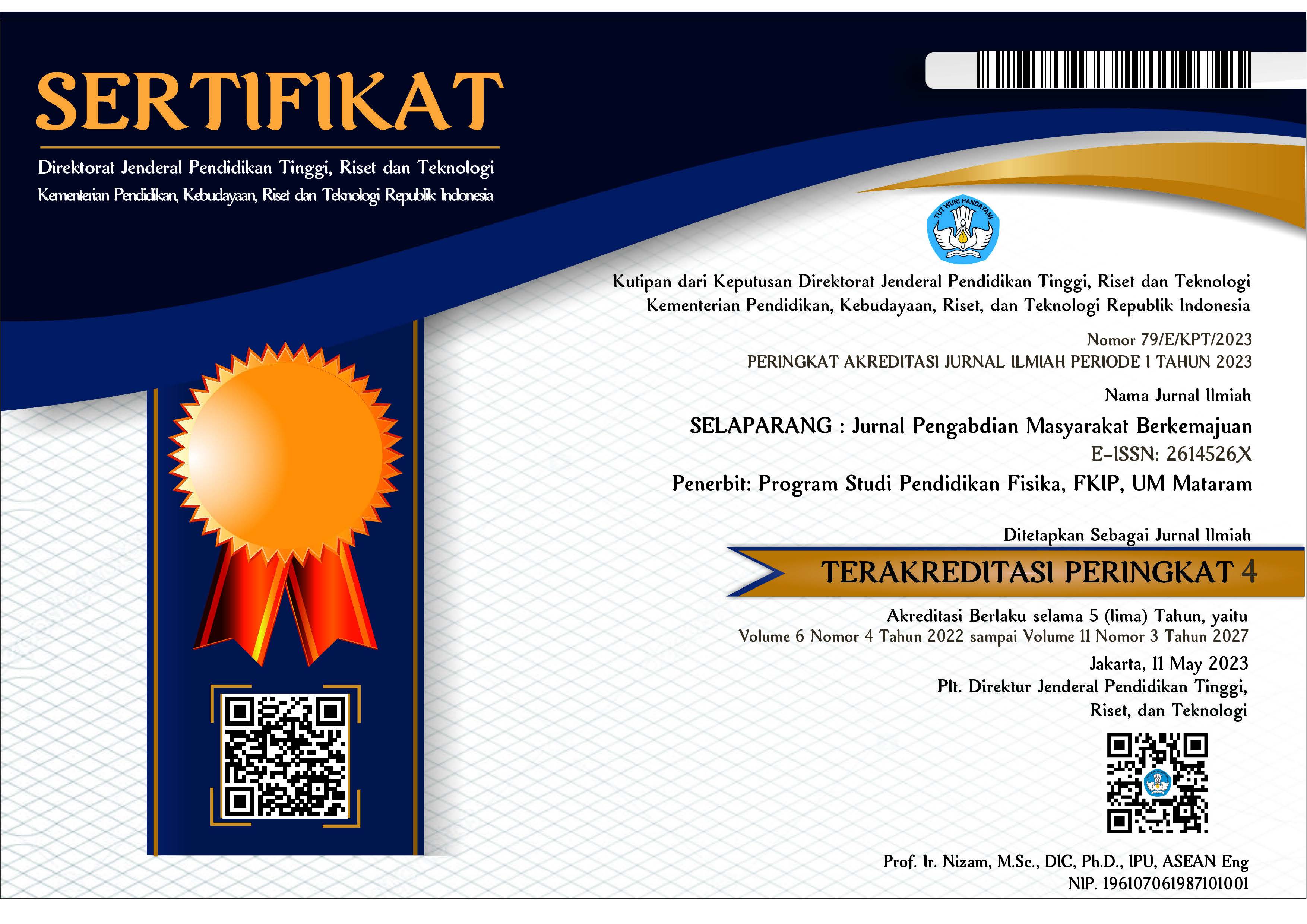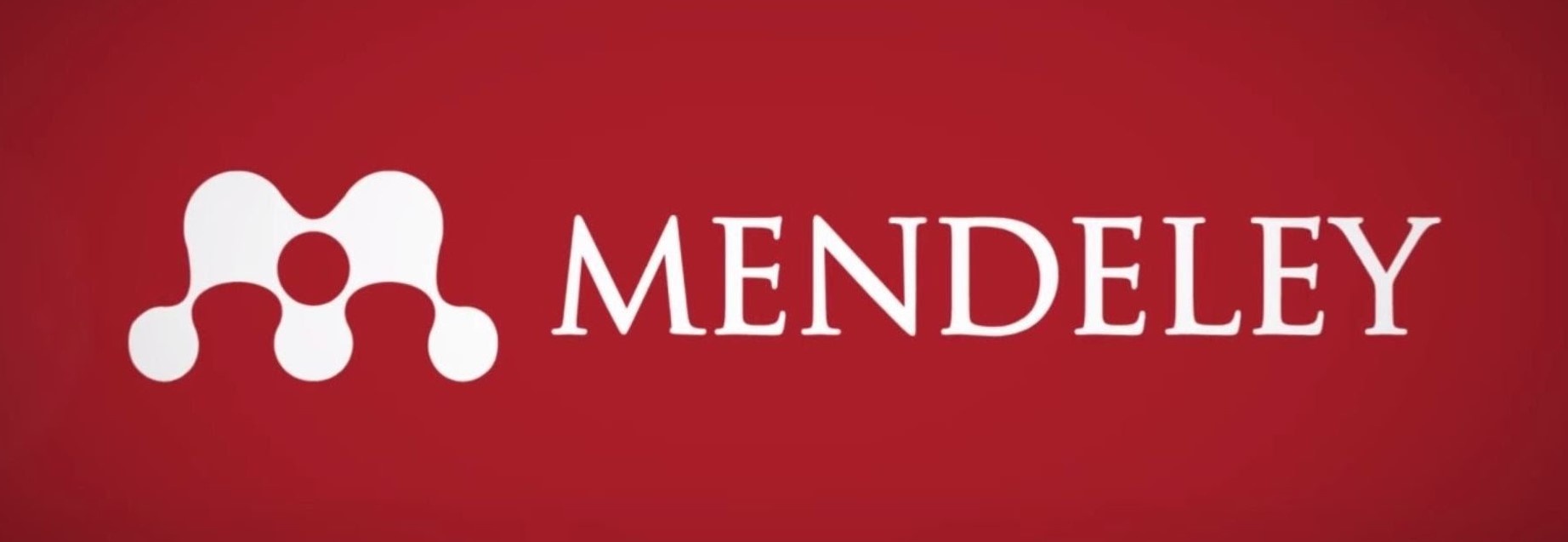Pendampingan pengelolaan dana sosial masjid muhammadiyah untuk meningkatkan transparansi dan akuntabilitas keuangan
Abstract
Abstrak
Masjid memiliki peran strategis dalam pengelolaan dana sosial umat, namun masih banyak masjid yang menghadapi tantangan dalam hal pencatatan dan pelaporan keuangan yang akuntabel. Kegiatan pengabdian ini bertujuan untuk meningkatkan kapasitas pengurus masjid Muhammadiyah dalam mengelola dana zakat, infaq, dan shodaqah secara transparan melalui metode pendampingan langsung. Empat masjid di wilayah Surabaya menjadi mitra kegiatan ini yakni masjid Baiturrahman, masjid Baiturrahim, Masjid Syaifunnur dan Masjid Sholihin. Pendekatan yang digunakan meliputi identifikasi masalah, sosialisasi di lapangan, pendampingan teknis pencatatan dan pelaporan, hingga publikasi laporan kepada jamaah. Hasil menunjukkan peningkatan signifikan dalam keteraturan pencatatan, penyusunan laporan keuangan, serta partisipasi jamaah terhadap dana sosial. Pengurus masjid yang semula tidak memiliki sistem pencatatan mulai menerapkan praktik keuangan sederhana yang tertib dan dapat dipertanggungjawabkan. Metode pendampingan langsung terbukti efektif dalam konteks masjid dengan keterbatasan sumber daya manusia dan teknologi. Kegiatan ini memberikan kontribusi nyata dalam memperkuat tata kelola dana sosial dan mendorong peran masjid sebagai pilar pemberdayaan ekonomi umat.
Kata kunci: dana social; masjid; pencatatan keuangan; pendampingan; partisipasi jamaah.
Abstract
Mosques have a strategic role in managing the social funds of the people, but there are still many mosques that face challenges in terms of accountable financial recording and reporting. This service activity aims to increase the capacity of Muhammadiyah mosque administrators in managing zakat, infaq, and shodaqah funds transparently through direct mentoring methods. Four mosques in the Surabaya area are partners in this activity, namely the Baiturrahman mosque, the Baiturrahim mosque, the Syaifunnur Mosque and the Sholihin Mosque. The approach used includes problem identification, socialization in the field, technical assistance in recording and reporting, and publication of reports to pilgrims. The results showed a significant increase in the regularity of recording, preparation of financial statements, and the participation of pilgrims in social funds. Mosque administrators, who originally did not have a recording system, began to implement simple financial practices that were orderly and accountable. The direct mentoring method has proven to be effective in the context of mosques with limited human resources and technology. This activity makes a real contribution in strengthening the governance of social funds and encouraging the role of mosques as a pillar of economic empowerment of the people.
Keywords: social funds; mosque; financial records; mentoring; congregation participation.
Keywords
Full Text:
PDFReferences
Management Practices of Mosques in Malaysia. Global Journal Al-Thaqafah, 3(1), 23–29. https://doi.org/10.7187/GJAT302013.03.01
Anwar, Y. S. (2025). Mengenal kriptografi sejak dini: Membangun kesadaran keamanan data pribadi.
Astari, P. P. (2014). Mengembalikan Fungsi Masjid Sebagai Pusat Peradaban Masyarakat. https://www.semanticscholar.org/paper/Mengembalikan-Fungsi-Masjid-Sebagai-Pusat-Peradaban-Astari/aa99ab4a26c3b1c10b5509aab9436914cb8ea29b
Dalmeri, D. (2014). REVITALISASI FUNGSI MASJID SEBAGAI PUSAT EKONOMI DAN DAKWAH MULTIKULTURAL. Walisongo: Jurnal Penelitian Sosial Keagamaan, 22(2), Article 2. https://doi.org/10.21580/ws.22.2.269
Dantzer, B. (2022). Advancing and Mobilizing Knowledge about Youth-Initiated Mentoring through Community-Based Participatory Research: A Scoping Review. Youth, 2(4), 587–609. https://doi.org/10.3390/youth2040042
Fahmi, R. A. (2022). Transformation of Mosque Management Through Islamic Social Enterprise Concept. Journal of Islamic Economics Lariba, 8(1), Article 1. https://doi.org/10.20885/jielariba.vol8.iss1.art10
Febriansyah, S., & Wahyuni, S. (2021). Zakat Management: Study The History of Islamic Philanthropy. THARWAH: Journal of Islamic Civilization and Thought, 1(2), 114–128. https://doi.org/10.47766/tharwah.v1i2.13
Gazalba, S. (1983). Mesjid, pusat ibadat dan kebudayaan Islam. Pustaka Antara.
Ilmi, F. W. (2020). Peran Masjid dalam Pemberdayaan Ekonomi dan Sosial Umat di Tengah Pandemi Covid-19, Studi Kasus: Masjid Al-Mizan Griya Tahunan Indah Jepara. Scribd. https://id.scribd.com/document/745272703/9517-30849-1-SM
Islamiyah, N. (2019). THE FINANCIAL MANAGEMENT PRACTICE OF MOSQUE: STUDY CASE IN MALAYSIA. Jurnal Akuntansi Dan Keuangan Indonesia, 16(1). https://doi.org/10.21002/jaki.2019.06
Istan, M. (2022). Analysis of Mosque Financial Management in the Development of Mosque Funds in Indonesia. International Journal of Multicultural and Multireligious Understanding. https://ijmmu.com/index.php/ijmmu/article/view/4246
John, G. M. (2007). Mentoring in community-based participatory research: The RCMAR experience. Ethnicity & Disease, 17. https://scispace.com/papers/mentoring-in-community-based-participatory-research-the-5dx2vdaob3
Kamaruddin, K. (2013). ANALISIS POTENSI PEMBERDAYAAN EKONOMI MASYARAKAT BERBASIS MASJID DI KOTA BANDA ACEH. Jurnal Ilmiah Islam Futura, 13(1), Article 1. https://doi.org/10.22373/jiif.v13i1.572
Kasri, R. A., & Ramli, U. H. (2019). Why do Indonesian Muslims donate through mosques?: A theory of planned behaviour approach. International Journal of Islamic and Middle Eastern Finance and Management, 12(5), 663–679. https://doi.org/10.1108/IMEFM-11-2018-0399
Khasanah, U. (2010). Manajemen zakat modern: Instrumen pemberdayaan ekonomi umat. UIN-Maliki Press. https://repository.uin-malang.ac.id/1150/
Kurnia, T., & Munawar, W. (2018). Potensi Pengembangan Peran Ekonomi Masjid di Kota Bogor. Jurnal Iqtisaduna, 4(1), Article 1. https://doi.org/10.24252/iqtisaduna.v4i1.4951
Kurniasari, W. (2011, July 1). Transparansi Pengelolaan Masjid Dengan Laporan Keuangan Berdasarkan Pernyataan Standar Akuntansi Keuangan (PSAK 45). State Institute of Islamic Studies Salatiga. https://doi.org/10.18326/MUQTASID.V2I1.135-152
Laca, P. (2022). Participatory Approach in the Work of a Social Worker with Homeless People. Clinical Social Work Journal, 13(1), 27–36. https://doi.org/10.22359/cswhi_13_1_04
Latifah, L., & Huda, F. (n.d.). Indicators Amānāh on Household Financial Management to Achieve Blessing. International Research Journal of Economics and …, Query date: 2024-11-09 19:36:45. https://irjems.org/irjems-v3i5p110.html
Latifah, L., Ritonga, I., Salim, L. A., & Huda, F. (2023). Analisa Potensi Tempat Ibadah Untuk Pemberdayaan Ekonomi Masyarakat. Jesya (Jurnal Ekonomi Dan Ekonomi Syariah), 6(2), Article 2. https://doi.org/10.36778/jesya.v6i2.1183
Lenap, I. P., Fitriyah, N. F. N., & Akhmad, Z. (2020). PRAKTIK MANAJEMEN KEUANGAN MASJID DAN POTENSI DANA MASJID. Jurnal Riset Akuntansi Aksioma, 19(1), 69–88. https://doi.org/10.29303/aksioma.v19i1.88
Milton, A. (2021, April 12). Participatory Design of an Activities-Based Collective Mentoring Program in After-School Care Settings: Connect, Promote, and Protect Program. JMIR Publications Inc., Toronto, Canada. https://doi.org/10.2196/22822
Noviani, D., Nopriansyah, W., & Sari, E. (2025). Pemberdayaan UMKM Desa Gelebak dalam melalui edukasi keuangan syariah dan penguatan nilai ekonomi Islam.
Pamungkas, P. P. G. (2023). Transformasi Digital dalam Meningkatkan Efektivitas dan Efisiensi Pengelolaan Zakat Pengalaman Muhammadiyah. Deleted Journal, 5(2), 109–128. https://doi.org/10.62213/d40tje39
Pratama, M. A., Wijaya, M. A., & Trijasa, I. S. P. (2023). Peran Masjid dan Sekolah Muhammadiyah. https://proceedings.ums.ac.id/lppik/article/view/3927
Ridwanullah, A. I., & Herdiana, D. (2018). Optimalisasi Pemberdayaan Masyarakat Berbasis Masjid. Ilmu Dakwah: Academic Journal for Homiletic Studies, 12(1), Article 1. https://doi.org/10.15575/idajhs.v12i1.2396
Riwajanti, N. I. (2013). Mosque-Based Islamic Cooperative for Community Economic Development. 8(2).
Rusdi, W., Firmansyah, W., & Tahir, H. (2023). Mosque-Based Economic Development Over a Decade with Bibliometric Review Analysis. Jurnal Ilmu Ekonomi Dan Bisnis Islam, 5(2), Article 2. https://doi.org/10.24239/jiebi.v5i2.222.172-186
Siregar, D. P. (2023, September 6). Accountability and Financial Management of Mosques Based on ISAK 35 Concerning Financial Reporting of Non-Profit Organizations: Case Study at Al-Ikhlas Mosque. https://doi.org/10.59653/jbmed.v1i03.212
Sofiyawati, N. (2021). Pengelolaan Kas Masjid: Sebuah Upaya Menjaga Misi Dakwah. Anida (Aktualisasi Nuansa Ilmu Dakwah), 21(1), Article 1. https://doi.org/10.15575/anida.v21i1.12400
Sriyono, S. (2019, July 30). Pendampingan tata kelola dan manajemen pada kegiatan abdimas masjid. Universitas PGRI Madiun. https://doi.org/10.25273/JTA.V4I2.4846
DOI: https://doi.org/10.31764/jpmb.v9i5.33550
Refbacks
- There are currently no refbacks.

This work is licensed under a Creative Commons Attribution-ShareAlike 4.0 International License.
______________________________________________________
Jurnal Selaparang
p-ISSN 2614-5251 || e-ISSN 2614-526X
EDITORIAL OFFICE:



















